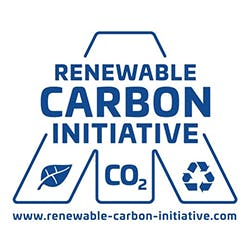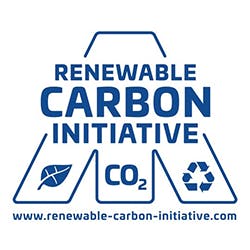Renewable Carbon Initiative Aims To Change Foundation Of Chemical Industry
Eleven companies from six countries found the Renewable Carbon Initiative (RCI) under the leadership of Nova-Institute (Germany). The aim of the initiative is to support and speed up the transition from fossil carbon to renewable carbon for all organic chemicals and materials. More than 100 well-known experts reportedly support the initiative. Companies, start-ups and institutes are welcome to join the initiative as a member.
The first eleven pioneer companies to become a member of the RCI and form the core advisory board are: Beiersdorf (Germany), Cosun Beet Company (The Netherlands), Covestro (Germany), Henkel (Germany), LanzaTech (USA), Lenzing (Austria), Neste (Finland), SHV Energy (The Netherlands), Stahl (The Netherlands), Unilever (UK) and UPM (Finland).
The Renewable Carbon Initiative (RCI) addresses the core problem of climate change, which is largely related to extracting and using additional fossil carbon from the ground, according to the organization. The vision is stated clearly: By 2050, fossil carbon shall be completely substituted by renewable carbon, which is carbon from alternative sources: biomass, direct CO2 utilization and recycling. The founders say they are convinced that this is the only way for chemicals, plastics and other organic materials to become more sustainable, more climate-friendly and part of the circular economy.
The Renewable Carbon Initiative urges the industry to go beyond just using renewable energy. All fossil carbon use has to end, according to the organization, as the carbon contained in the molecules of organic chemicals and materials is prone to end up in the atmosphere sooner or later. Only a full phase-out of fossil carbon will help to prevent a further increase in CO2 concentrations. Consequently, companies are encouraged to focus on phasing out fossil resources and to use renewable carbon instead.
“This is about a fundamental change in the chemical industry. Just as the energy industry is being converted to renewable energies, so renewable carbon will become the new foundation of the future chemical and material industry,” Michael Carus, CEO of Nova-Institute and head of the Renewable Carbon Initiative says.
For more information, visit: www.renewable-carbon-initiative.com

